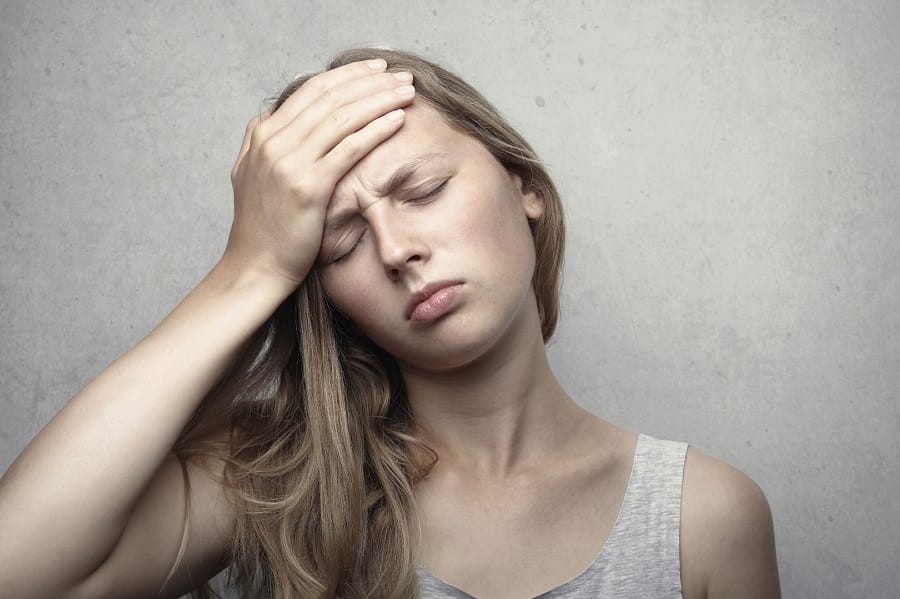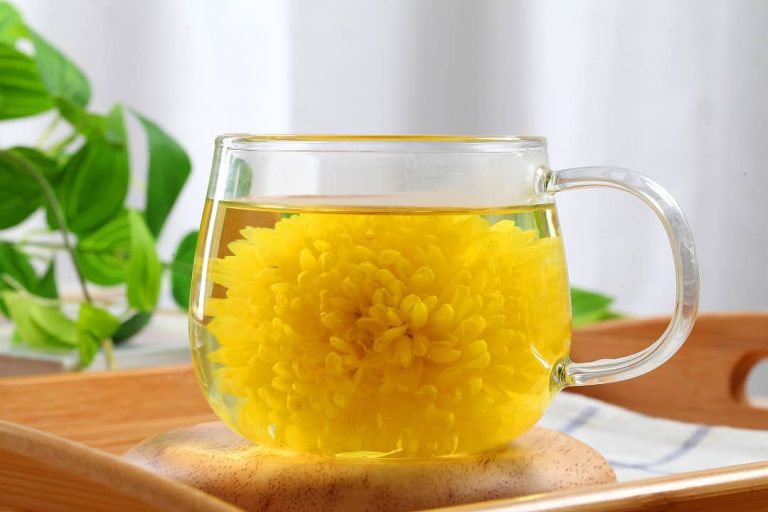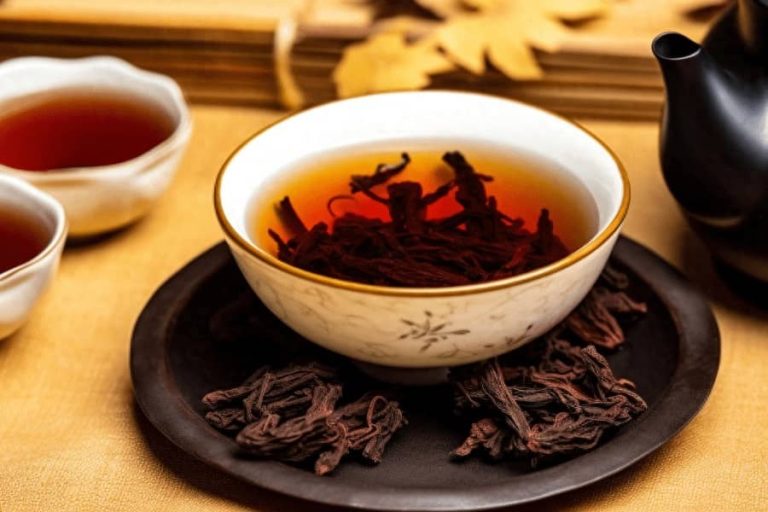Why Does Green Tea Make Me Sleepy?

Green tea is a popular beverage enjoyed by many for its refreshing taste and numerous health benefits. However, some individuals may experience feelings of sleepiness after consuming green tea. In this article, we will explore the potential reasons behind this phenomenon.
Understanding Green Tea
Green tea is made from the leaves of the Camellia sinensis plant and contains various compounds such as caffeine and L-theanine. Caffeine is a natural stimulant that promotes wakefulness, while L-theanine is an amino acid that has calming effects on the body.
Caffeine Content in Green Tea
While green tea contains caffeine, it typically has less caffeine compared to coffee. However, even small amounts of caffeine can impact our bodies’ sleep-wake cycles. Caffeine works by blocking adenosine, a chemical in the brain that promotes sleepiness. By doing so, caffeine can enhance alertness and improve cognitive function.
L-Theanine Content in Green Tea
Green tea also contains L-theanine, an amino acid that has been shown to promote relaxation and calmness. L-theanine interacts with neurotransmitters in the brain, promoting the production of alpha waves that induce a state of relaxation. When consumed together with caffeine, L-theanine may help balance out the stimulating effects of caffeine.
Balancing Effects of Caffeine and L-Theanine
When consumed together, caffeine and L-theanine may have balancing effects on the body and mind. The combination of caffeine and L-theanine can enhance mental alertness while reducing the jitters or anxiety that may accompany caffeine consumption. This may explain why some people report feeling more focused after drinking green tea.
Individual Variations in Response
It is important to recognize that individuals may respond differently to the effects of green tea. Factors such as metabolism and sensitivity can influence how caffeine and L-theanine affect the body. Some individuals may experience increased wakefulness, while others may feel more relaxed or sleepy.
Coping Strategies and Solutions
If you experience sleepiness after consuming green tea, there are several strategies that you can try:
- Adjust green tea consumption: Reduce the amount of green tea consumed or drink it earlier in the day to avoid interference with sleep.
- Choose lower caffeine options: Consider decaffeinated green tea or explore herbal teas that do not contain caffeine.
- Consider personal sleep patterns: Evaluate your sleep habits and ensure adequate rest. Promote healthy sleep hygiene by establishing a sleep routine, creating a conducive sleep environment, and limiting screen time before bed.
Seeking Professional Advice
If sleepiness persists or affects daily functioning, it may be helpful to consult a healthcare professional. They can help identify any underlying issues and provide personalized recommendations based on your specific situation. Consider discussing your symptoms with a doctor or registered dietitian.
Conclusion
Green tea is a popular beverage known for its numerous health benefits. While it contains caffeine, it also has calming compounds such as L-theanine. When consumed together, caffeine and L-theanine may have balancing effects on the body and mind. However, individual variations in response mean that some individuals may experience feelings of sleepiness after consuming green tea. By adjusting green tea consumption, choosing lower caffeine options, and considering personal sleep patterns, individuals can potentially alleviate the discomfort. Remember to listen to your body, try different strategies, and seek professional advice if needed.
















